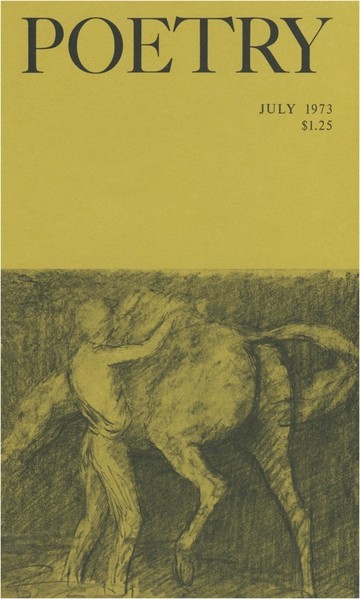The future is on the side of no one
but the future. The future is always,
only for itself. When I measure me
against the future, I am least.
The future is pre-eminent, as such
it may be my birth, threading me
to itself, arachnaean ending. And
look on me in light, light from the future,
a radiance diffuses me in it -
nihilated by brightness, pushing me
backwards from its side - from
the side of future times.
The future travels over past me, rays
bake stray dark hair - absorbing, pressing.
The future, sun and ungrasped guide:
loft, describing all, the future does not
suffer to be seen.
When I see from the side of the future,
I strain to see me through its eyes -
it steels my face. I watch unrecognised.
After night has lit on
night, and day chased after day, in time
I face the future and confess:
"For nothing in return,
I am on your side."

